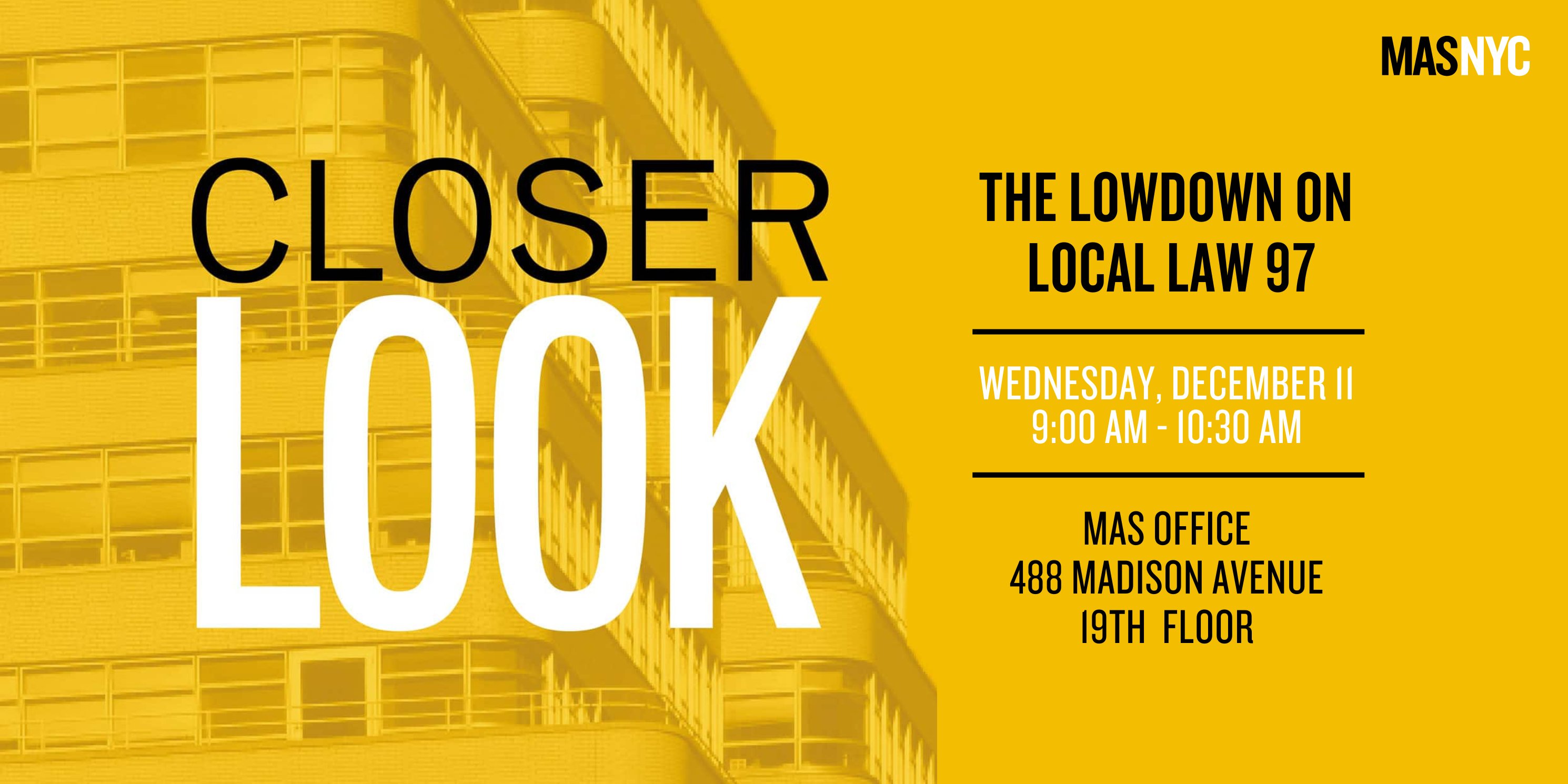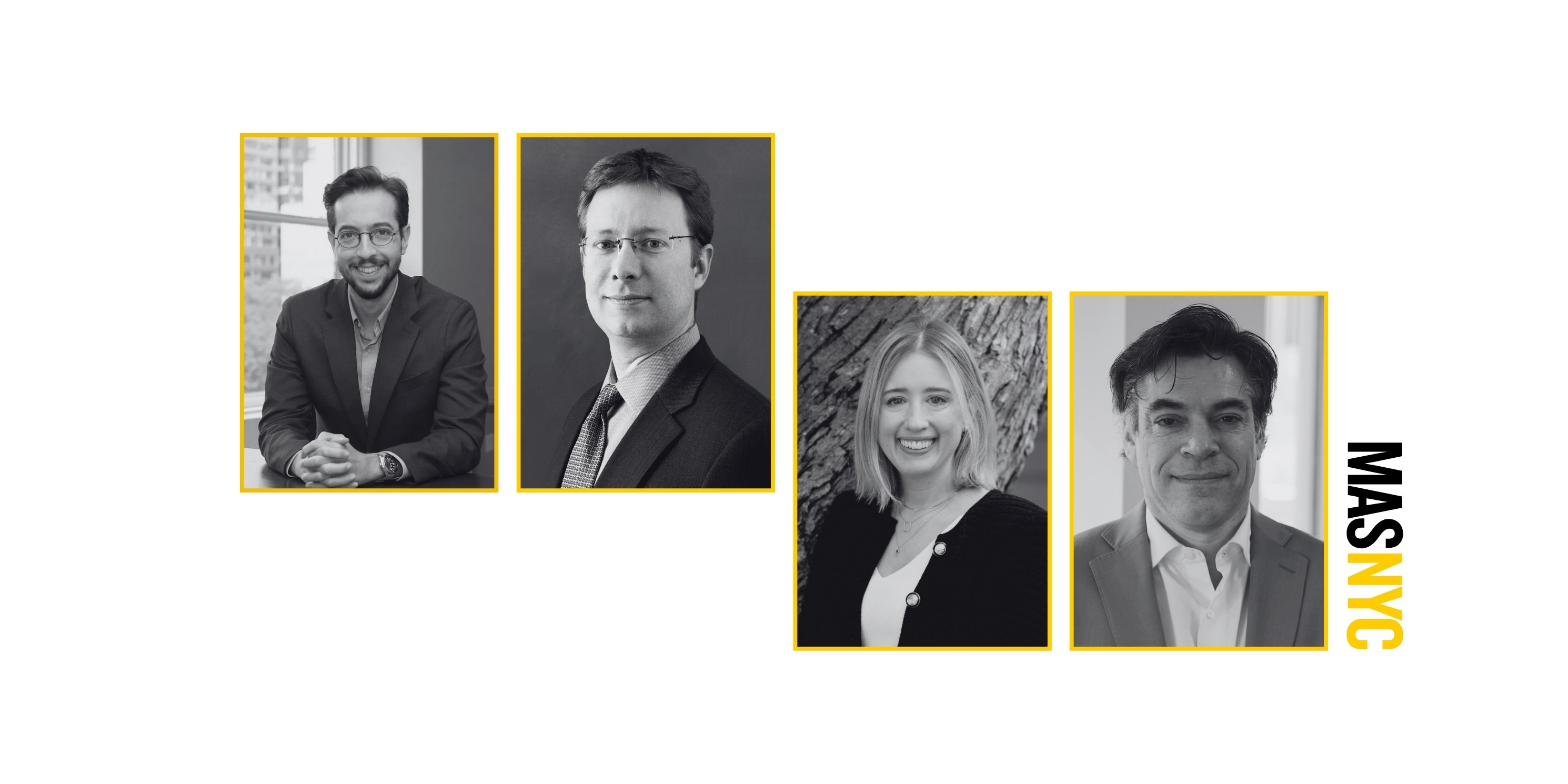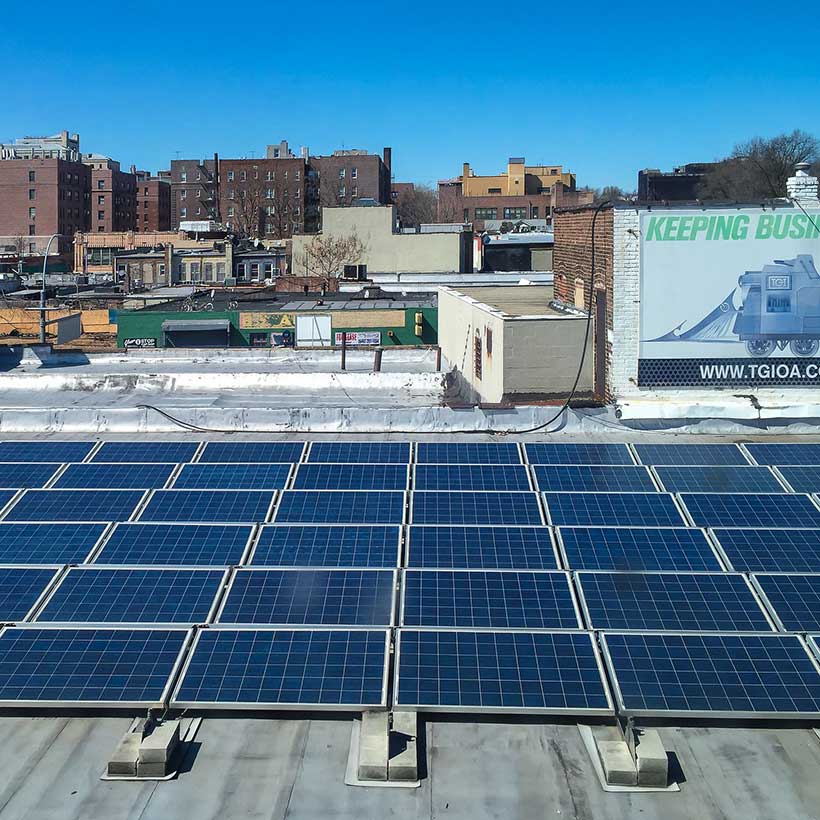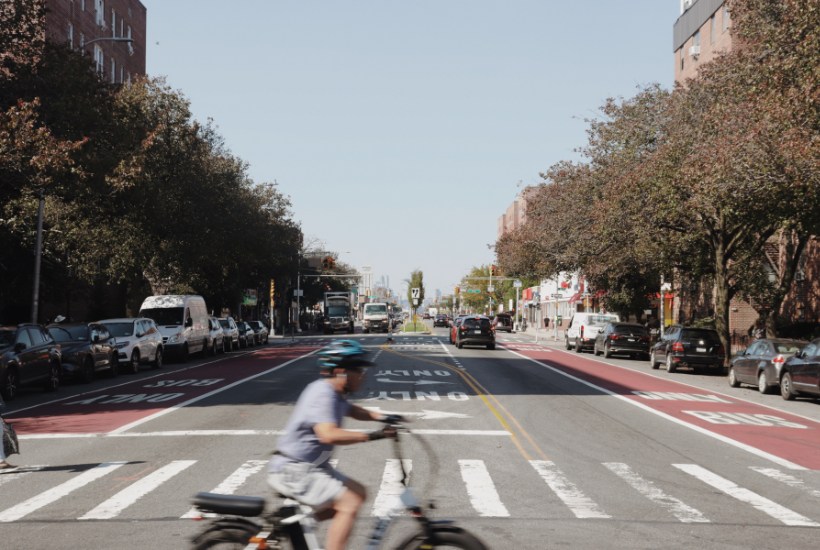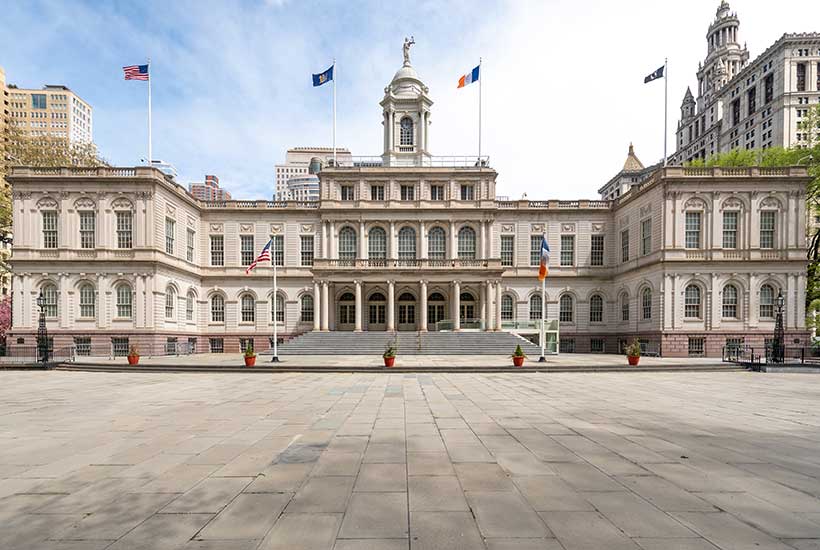Closer LOOK: The Lowdown on Local Law 97
Speakers
Carlos Cerezo Davila, Head of Sustainability, KPF
A sustainable design expert with research focused on modeling and analyzing building energy use patterns at an urban scale, Carlos has served as KPF’s Environmental Design Director since 2018. Carlos leads the Environmental Performance team (KPFep), closely collaborating with teams across the firm’s global network to establish sustainability benchmarks and workflows that ensure the firm’s projects support KPF’s environmental mission.
As Head of Sustainability, Carlos manages firm-wide initiatives aimed to minimize the environmental impact of KPF projects and operations through an “evidence-based” design approach. KPFep develops computational tools to incorporate carbon, energy, thermal, and daylight modeling in the development of every design.
At the Hong Kong University of Science and Technology’s new campus in Guangzhou, Carlos led the development of the sustainability vision for the project, collaborating with the design and technical teams to inform the planning of a climate-ready, live-work campus. HKUST(GZ) is designed to be net-zero carbon by 2050 and promotes resiliency through flood prevention and wetland protection.
Before joining KPF, Carlos worked as an Instructor and Research Scientist with the Sustainable Design Lab at MIT, focusing on the application of energy simulation and uncertainty analysis at an urban scale in collaboration with municipalities such as Boston, Chicago, Lisbon, and Kuwait City. In Carlos’s published scientific research, Boston served as the test case for the development of one of the first citywide Urban Building Energy Models (UBEM), which allowed to estimate the energy use of over 80,000 buildings to help inform local energy policy.
As an instructor associated with the Center for Real Estate (CRE) at MIT, Carlos teaches environmental design to architecture, planning, and real estate students. His research work has been published in multiple scientific journals such as Energy and Buildings and Building and Environment.
Jonathan Flaherty, Managing Director, Global Head of Sustainability and Building Technologies, Tishman Speyer
Jonathan Flaherty joined Tishman Speyer in 2007 and is responsible for the firm’s evolving sustainability strategy. This includes property and fund sustainability certifications, communication with current and future investors, worldwide performance tracking, energy procurement strategy, building technology innovation, diligence in alternative green investments, and execution of the firm’s commitment to Net Zero by 2050. He is also working with the firm’s joint venture, Breakthrough Properties, in creating their ESG strategy in the life science sector. Jonathan joined Tishman Speyer as part of the Leadership Development Program and has held various roles with the company, including in New York Asset Management and Portfolio Management. Prior to joining the firm, he worked as a legislative aide for Senator Schumer in Washington, D.C. Jonathan is the chair of the board of directors for the Building Energy Exchange, the co-chair of the REBNY Sustainability Committee, the secretary-treasurer of the board of the Green Building Certification Institute, and is on the board of the New York Energy Consumers Council. He holds a BA in political science from Kenyon College, and an MBA and MSUP from Columbia University.
Amy Turner, Director of the Cities Climate Law Initiative at the Sabin Center, and an Associate Research Scholar at Columbia Law School
Amy Turner is the Director of the Cities Climate Law Initiative at Columbia Law School’s Sabin Center for Climate Change Law, and an Associate Research Scholar at Columbia Law School. Her work focuses on the laws and legal tools cities use to achieve their climate and equity commitments. In addition to legal academic research on municipal climate law and policy, Amy works with city attorneys, sustainability professionals and advisors on carbon mitigation in the buildings, transportation, waste and energy sectors. She is co-author of the book Urban Climate Law from Columbia University Press and is widely cited in press stories on local climate law and policy. Amy is also a senior advisor to the Sustainable Cities Fund.
Moderator
Tom Devaney, Senior Director of Land Use and Planning, MAS
Tom has served as Senior Director of Land Use and Planning at MAS since 2016. He is a certified planner and Leadership in Energy and Environmental Design (LEED) accredited professional with 22 years of public and private sector city planning experience in New York. Tom heads MAS’ planning operations, initiatives, and research projects, and led two major groundbreaking studies on New York City’s Environmental Quality Review (CEQR). 2018’s Tale of Two Rezonings: Taking a Harder Look at CEQR examined development under the rezonings of Long Island City and Downtown Brooklyn. 2023’s Site x Site: A Look Back at Soft Site Development in New York City is an unprecedented analysis of citywide development that demonstrates the limitations of CEQR criteria in reliably estimating future development. Prior to his tenure at MAS, Tom led Langan Engineering’s environmental planning and wetland permitting practices, managing a wide range of projects including Franklin, D. Roosevelt Four Freedoms Park on Roosevelt Island and the NYPD Training Academy in Queens.
